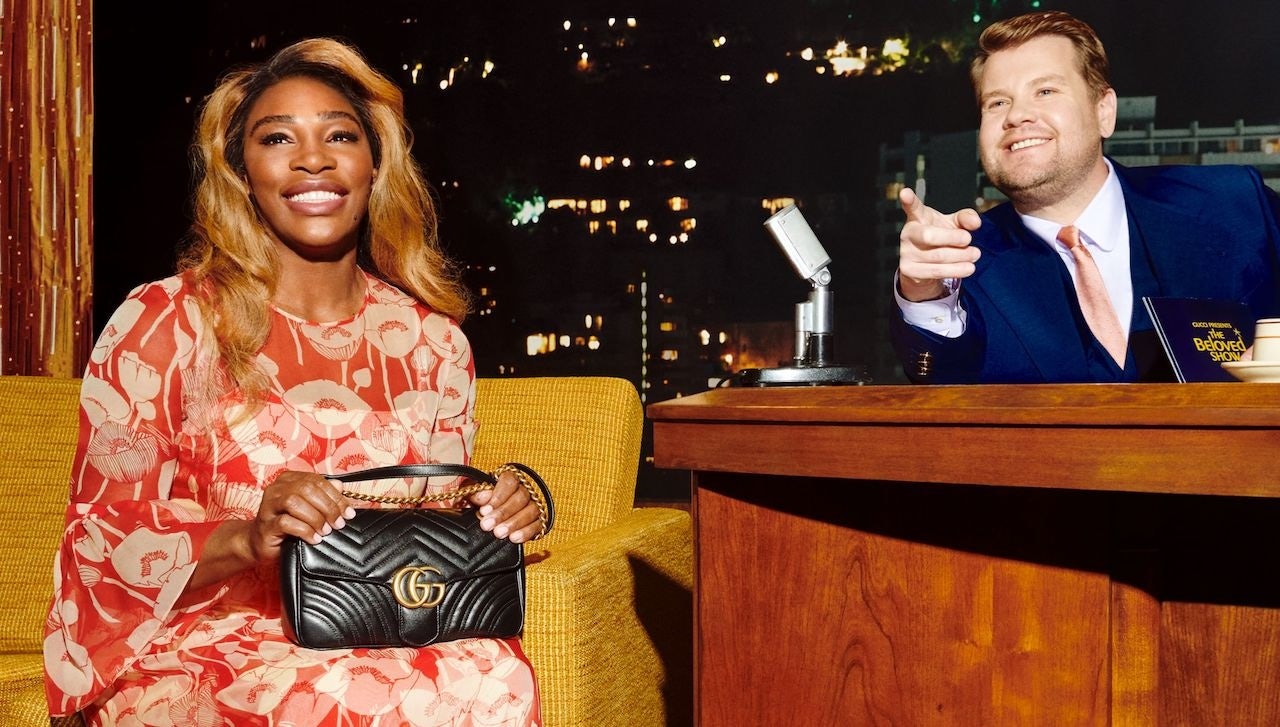Key Takeaways:#
- Luxury brands are in a race to diversify their marketing mix to reach younger consumers.
- The most digitally savvy brands are relying on content-commerce strategies rather than straightforward influencer- or celebrity-led social media approaches.
- The future of luxury marketing may be in special limited projects rather than the “pay for content” initiatives of years past.
A little over a decade ago, as platforms like Twitter, Facebook, Weibo, and Instagram hit critical mass, the question for many luxury brands was whether to embrace the medium and take traditional print- and event-based marketing online. Around roughly the same time, similar concerns extended to the realm of e-commerce, as brands grappled with the democratization offered by online retail.
While many, if not all, luxury brands ultimately found themselves invested in both spaces by the mid-2010s, the evolution of digital marketing — particularly over the past year — indicates that social media may not be as future-proof as it seemed. Where the question ten years ago was which brands would invest in social media or e-commerce, now the question is who will transcend both with new technologies that entertain consumers while encouraging them to spend.
Francois-Henri Pinault, president and CEO of luxury giant Kering recently remarked that its Gucci label needs to find the correct balance in its marketing to attract both its traditional consumer and new ones. Gucci’s efforts are reflected in its current product mix of 40 percent “trendy” items and 60 percent classic styles, but the brand’s marketing mix also displays a mature approach to reaching an increasingly young and digitally native consumer on a global scale.
Looking at the current landscape, the traditional use of social media — from simply posting pictures of items to paying influencers or celebrities to pose with new collections — is on its way out for savvy luxury brands. Several factors seem to be at play in pushing this trend. For starters, the COVID-19 pandemic has kept consumers at home for a significant portion of the past year, putting a premium on content that is genuinely interesting and entertaining. Consumers simply won’t care much to see a celebrity posing in an exotic locale when they’re stuck indoors. Second, brands are seeing that more creative approaches involving a wider array of owned media have a better payoff than throwing money at social platforms and hoping for the best.
Earlier this year, Kering-owned Italian brand Bottega Veneta made an aggressive shift away from social media, deleting its Instagram, Facebook, Twitter, and Weibo accounts, keeping only its WeChat presence in China. Two months later, the brand launched an online magazine packed with articles, photo spreads, and video content that, ironically, lit up social media.
And while it still maintains active social media accounts, Gucci has made moves to position itself as a leader in a “post-social” world through its engaging content-commerce strategies. Last week, the Italian brand released a fictional, scripted Gucci-branded talk show hosted by James Corden with Gucci-outfitted guests including Harry Styles, Serena Williams and Awkwafina. The effort, a thinly veiled promotion for the Beloved ad campaign, effectively put its new collection front and center in a way that a straightforward social media campaign could not.
Gucci’s approach has also seen the brand tap the brand film trend and with its digital GucciFest last November, leverage big collaborations with The North Face and Pokemon Go as well as its Balenciaga ”hack”; and engage with the rise of audio content via its “FM520” Gucci radio station in China.
And whether it comes in the form of Balenciaga’s video game, Berluti’s recent livestreamed combination art exhibition-and-new-collection-debut in Shanghai, or Louis Vuitton’s appointment of K-pop superstars BTS as “house ambassadors,” the future of luxury marketing is in a wide range of special projects that can generate long-tail online discussion and multiple revenue streams.

